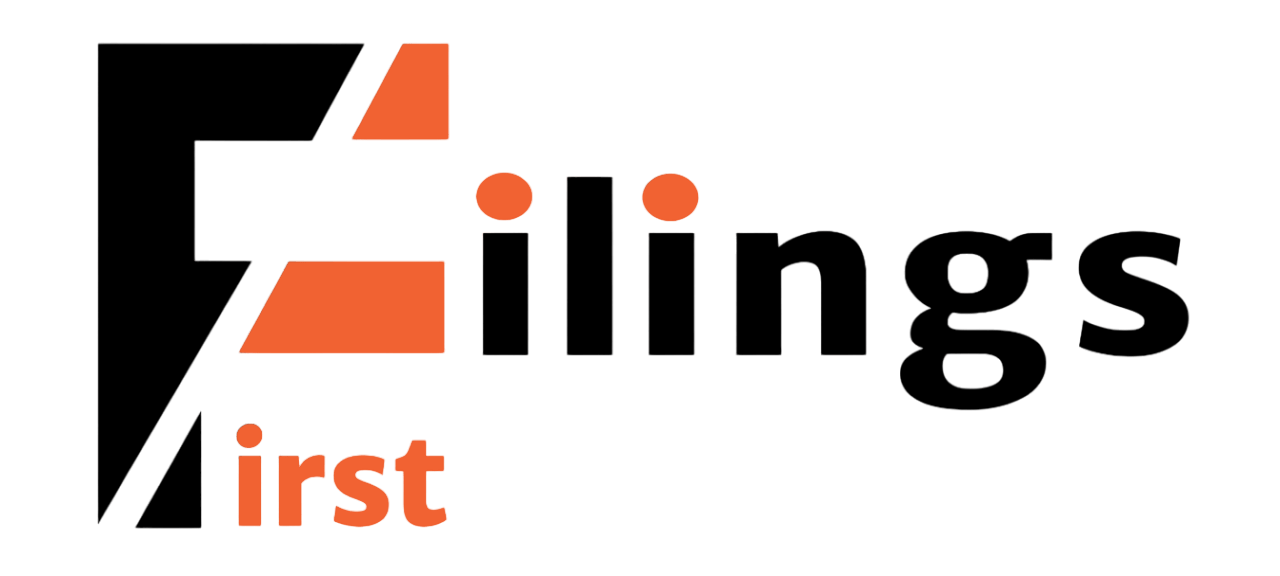
Managing Finances as a Sole Proprietor: Tips and Tricks
Most of us are aware of the term sole proprietor. But for starters, a sole proprietor is a one-person show in the business world. It’s like being the superhero and the sidekick rolled into one; you’re the boss, the decision-maker, and the face of your own small business. It’s a solo act where you call all the shots, reap all the rewards, and also bear all the responsibilities. In essence, being a single proprietor means you run the whole show on your own, without any partners or a fancy business structure.
Sole proprietorship financing checklist:
- Register as self-employed
- Open and activate online tax accounts
- Open a business bank account
- Find an accountant
- Keep all receipts and purchase invoices
- Create a bookkeeping system or outsource to a bookkeeper
Financing as a single proprietor:
Managing money as a sole proprietor means keeping personal and business finances separate. Use different bank accounts to keep things clear. Make a budget for both your business expenses and personal needs. Keep track of what you earn and spend, especially at tax time.
Being a single proprietor means you’re in charge of your own retirement savings, so consider setting up a retirement account. Build an emergency fund for unexpected expenses. Review your business’s profits and get professional help from an accountant or financial advisor who knows small businesses to stay on track with your money.
Financing as a single proprietor can be challenging, but here are some tips and tricks to help you manage your finances effectively:
- Separate Personal and Business Finances: Maintain distinct bank accounts and credit cards for your business and personal expenses.
- Create a Detailed Budget: Develop a comprehensive budget that includes all your business and personal expenses. This will help you understand your financial needs and allocate funds accordingly.
- Track Income and Expenses: Keep meticulous records of all income and expenses related to your business. Use accounting software or apps to streamline this process and maintain organized financial records.
- Set Aside Taxes: As a sole proprietor, you’re responsible for paying both income tax and self-employment tax. Set aside a portion of your earnings regularly to cover these tax obligations.
- Emergency Fund: Build an emergency fund to cover unexpected personal and business expenses. Having this financial cushion can prevent financial stress during challenging times.
- Retirement Planning: Consider setting up a retirement savings plan to secure your financial future. As a single proprietor, you won’t have access to employer-sponsored retirement plans.
- Cost Management: Be mindful of your business expenses. Regularly review your costs and look for opportunities to reduce overhead without compromising quality.
- Avoid Excessive Debt: While some debt may be necessary, such as startup capital or investments in your business, manage it wisely. Pay off high-interest debt as soon as possible to avoid unnecessary financial strain.
- Profit Analysis: Analyze your business’s profitability regularly by examining income statements and balance sheets. Adjust your pricing or business strategies based on financial performance.
- Tax Deductions: Familiarize yourself with tax deductions available to sole proprietors, such as those for home office expenses, business mileage, and health insurance premiums.
- Seek Professional Advice: Don’t hesitate to consult with an accountant or financial advisor who specializes in small businesses. They can offer insightful advice, aid with tax preparation, and guarantee adherence to financial regulations.
- Regular Financial Check-Ins: Schedule regular financial check-ins to assess your progress toward financial goals and make any necessary adjustments to your financial plan.
By following these tips and tricks, you can navigate the financial challenges of being a single proprietor more effectively and work toward achieving your business and personal financial objectives.
What are the benefits of being a sole proprietor?
Being a sole proprietor offers some clear benefits. You get full control over your business decisions and enjoy a simple setup with fewer administrative hassles and lower startup costs. You can directly pocket all the profits and take advantage of tax benefits. Plus, you often build strong personal connections with customers, maintain privacy, and have creative freedom. However, remember that you also face the risk of personal liability for business debts and miss out on some protections available to other business types. Weigh these pros and cons carefully when deciding if a single proprietorship suits your business.
For any of the business legalization and registration-related support, contact FIlingsFirst. We will be helping you throughout the process.
FAQs:
1) What are the steps to managing your personal finances?
- Set Financial Goals
- Create a Budget
- Track Income and Expenses
- Build an Emergency Fund
- Pay Off Debt
2) What is the 50-30-20 rule?
The 50/30/20 rule is a simple budgeting guideline that helps individuals allocate their income to different categories to achieve financial stability and balance.
- 50% for needs
- 30% for wants
- 20% for savings and debt repayment


